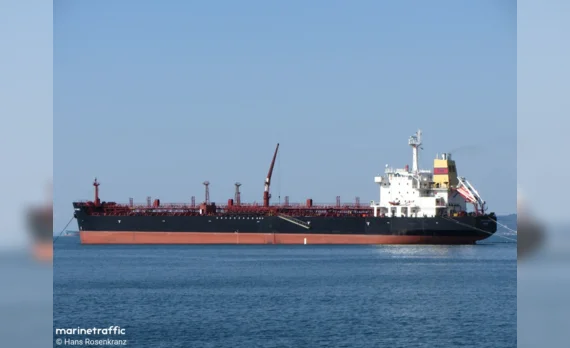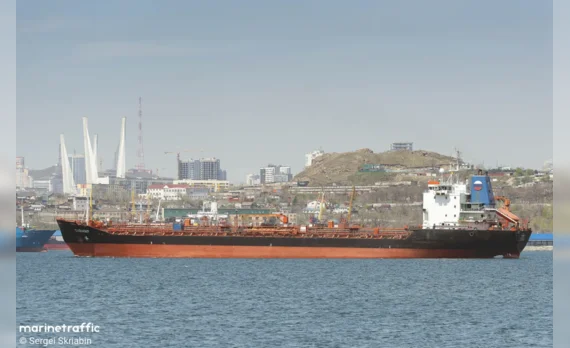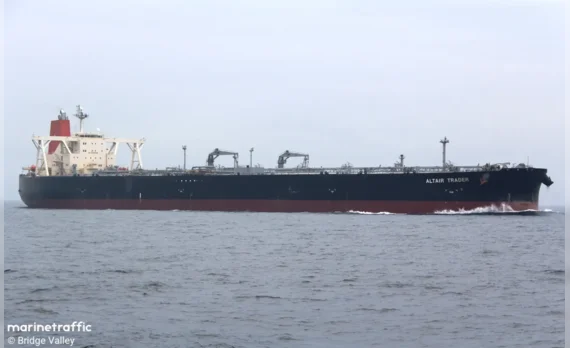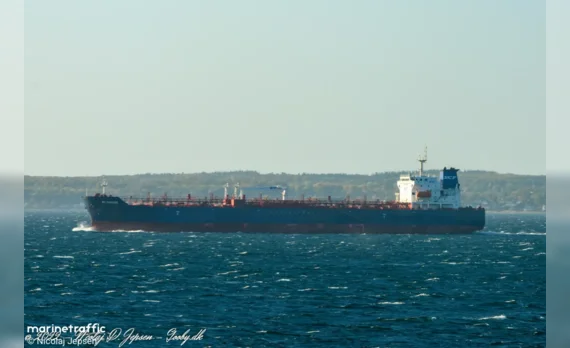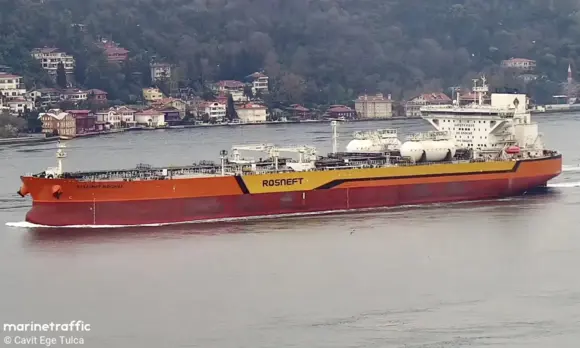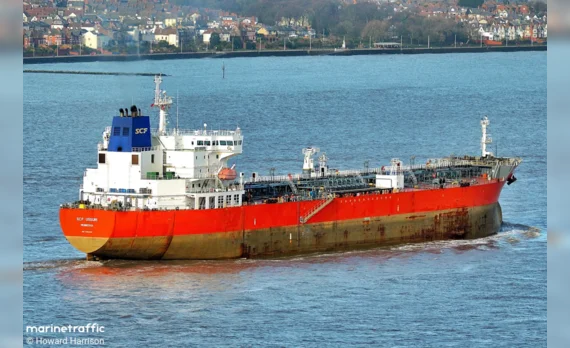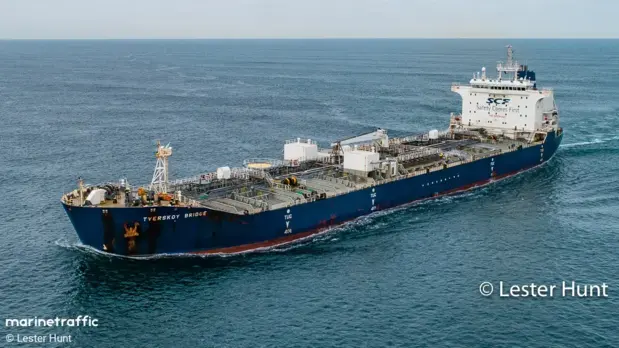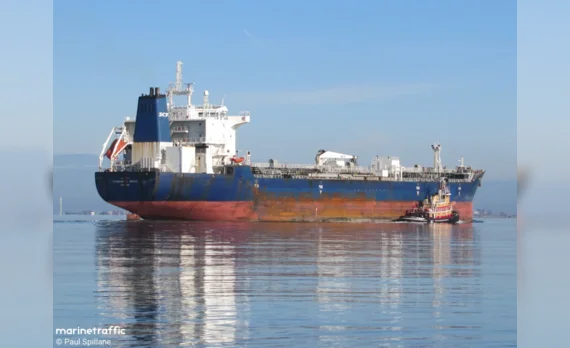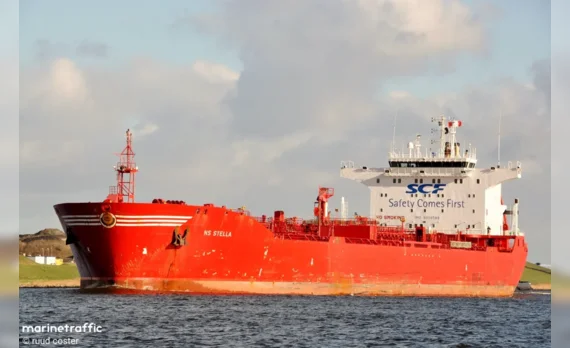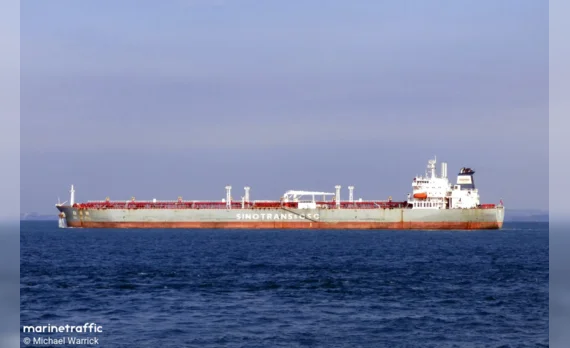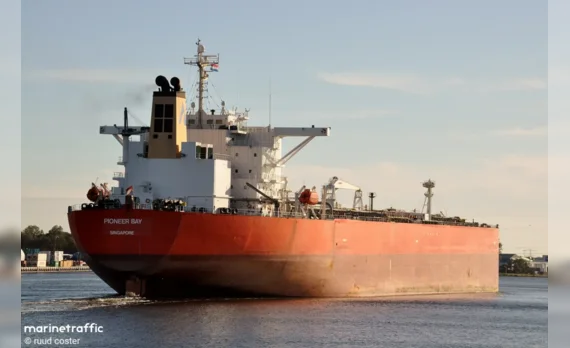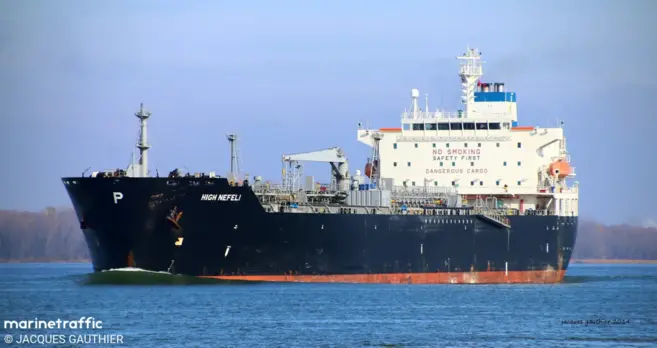Marine and Aircraft
Vessels
Airports and Ports
involved in the transportation of weapons, stolen Ukrainian products and in the circumvention of sanctions
Total number:
1067
Marine vessels
155
Captains
Updated: 18.08.2025
Maritime logistics is critically important for building up the aggressor`s military capabilities, moving troops, obtaining weapons and sanctioned goods, and trading stolen goods. Aggressors transport weapons through international straits on civilian merchant vessels. Exporting fossil fuels to circumvent sanctions is the main source of income for russia and Iran. The shadow tanker fleet and ships without ice class in the Arctic threaten an environmental disaster. Through the sale of agricultural products from the temporarily occupied Ukrainian territories, russia finances the war and maintains the loyalty of its allies, Iran and the DPRK.
Together we can stop this to restore peace and security
Actions to be taken:
- to sanction the vessels on the list below, as well as all related companies and individuals (owners, operators, managers, executives, senior crew members)
- to prohibit the entry of such vessels into ports, territorial waters, EEZs and international straits, and the sale of spare parts for them
- to require bank statements to confirm compliance with the price-cap when receiving insurance and other services
- to involve financial and specialized institutions in the gathering of evidence, to publish the results of investigations, and to apply real penalties, including significant fines
The shadow tanker fleet transports growing volumes of sanctioned oil around the world, generates billions of dollars in revenue for russia and Iran, threatens environmental safety in the oceans, serves as a spy platform, and is used for sabotage activities in the interests of the aggressor.
The sanctioned countries are looking for new markets for oil, building up their tanker fleet to circumvent restrictions, and shipping crude oil mainly to China and India.
The shadow tanker fleet with a total deadweight of more than 100 million tons (approximately 17% of the world`s oil tanker fleet) consists of more than a thousand mostly outdated, poorly maintained vessels without proper insurance, with ‘confusing’ ownership and management structures located in ‘friendly’ jurisdictions, under ‘convenient’ flags. Such vessels resort to deceptive tactics at sea to conceal the origin of their cargo, threaten ‘environmental chaos’ and billions of dollars in losses to coastal countries by passing through busy, narrow international transportation routes without pilotage. Since the beginning of russia`s full-scale invasion of Ukraine, shadow tankers have already been involved in more than 50 incidents from the Danish Straits to Malaysia.
DWT: 69 062 тис.тоннTotal: 650
